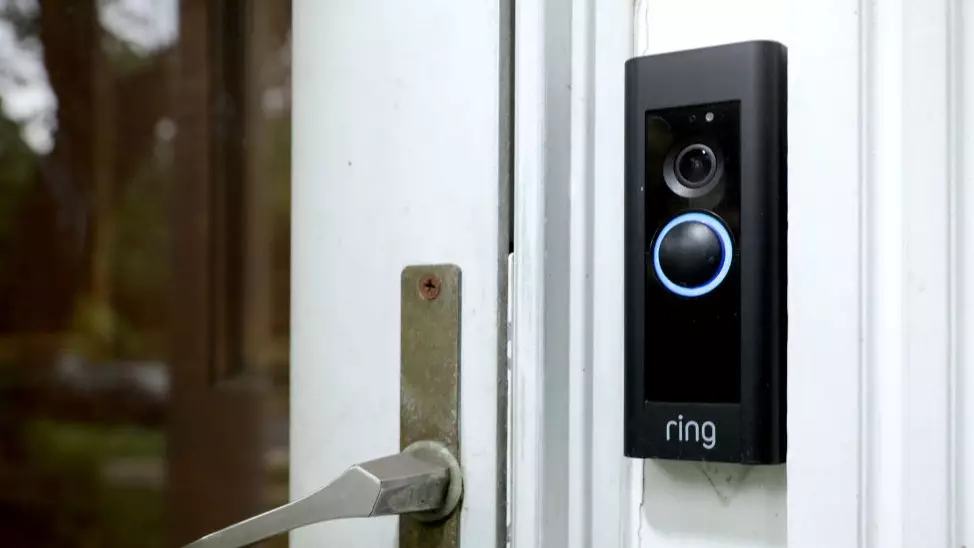


The word almost seems too obvious, but it apparently works

Scientists have shared some less-than-good news in a 'sanity check' study

Ring camera data has reportedly already been used by law enforcement agencies

An hour-long clip of their intimate encounter in a hotel room was recorded on a 'spy cam' and published online

A Russian tech firm has already run trials on a host of animals, with promising results

You can't trust AI to tell you what's actually happening

There has been a major backlash to the use of AI in the gaming industry

People with problematic apps on their devices are starting to get new warnings

It's getting harder and harder for people to use the devices for illegal streaming

This might be a game changer... but it might not be for the better

It turns out there's more than meets the eye when it comes to the fairly mundane-looking emoji

A social networking platform designed for AI bots to interact with each other like Reddit is going viral for the wrong reasons

Hindsight is a wonderful thing, and here's how much cash you could have banked if you'd taken Bitcoin seriously

Anthony Cesar Duncan has shared his experience with ChatGPT

Many people have been using dodgy devices to access streaming without paying for it

Those with Siri-equipped Apple devices may be entitled to a payout

YouTuber Kristi is warning her followers against blindly following information they receive from ChatGPT and other AI chatbots

The Fire TV Blaster is being remotely shut down, and it's not the first time a company has done something like this

Amazon plan to shut them all down remotely

ChatGPT was asked what a 'normal person who earns $50,000 a year' should do to become 'financially free'

Burnley vs Wolves cannot be worth this risk
.jpg)
If you haven't updated your iPhone to the latest iOS software, you could be one of billions of users at risk of hacking

This is the second time in a week that X users have flocked to Downdetector to report issues with the site




